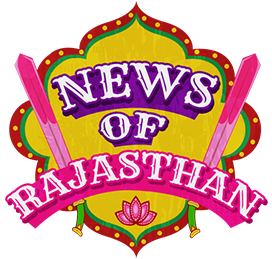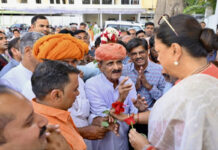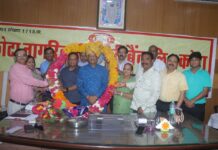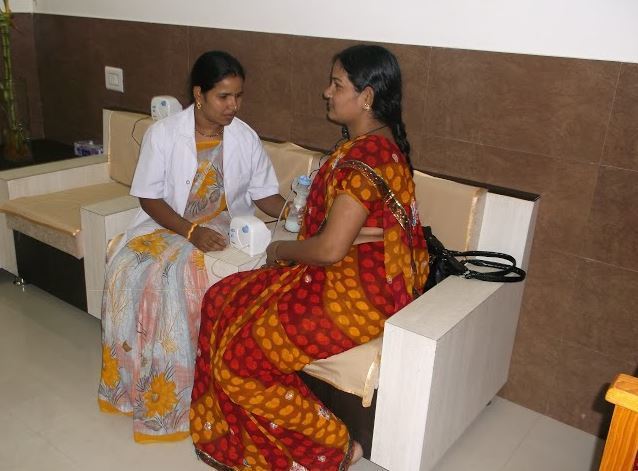

Under state advisor yoga master Devendra Agarwal’s expert directions, the Ajmer collectorate conducted the first round of trials for mother milk bank in Beawar. Considering the alarming rate of infant mortality rates in Rajasthan, state government came up with the concept of mother milk banks to boost infant immunity at the time of birth. Thus, Bharatpur became the first city in Rajasthan to have its own mother milk bank in the hospitals.
Not the Elite Class, but the Commoners Supported Mother Milk Bank Trials in Ajmer
Rajasthan health department intended to involve a woman of high social standing to contribute to this mission. Having found no contender for this drive, they approached normal women admitted in general maternity wards. During the counselling sessions conducted in a hospital in Beawar, two mothers voluntarily agreed to donate milk for this noble cause.
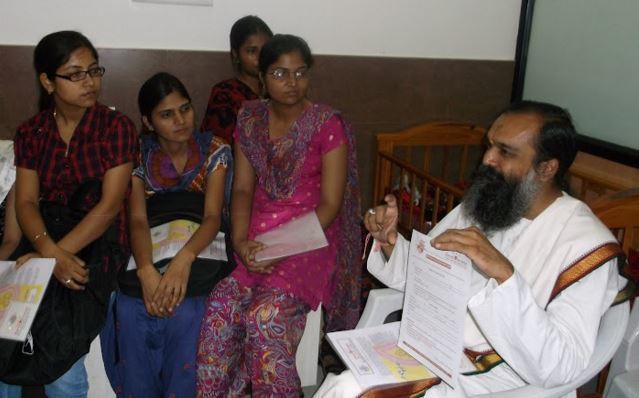
With suitable candidates and appropriate arrangements in place, the hospital administration conducted its first trials under the supervision of Joint Director Dr Vandana Chaudhary, PMO Dr M.K. Jain, Mother Milk Bank Secretary Dr Manohar Singh Chandawat and the acting superintendent of Nursing Manish Samuel.
Minakshi and Asha: The First Milk Donors for Ajmer Milk Bank
Ajmer milk bank counsellor turned to the local women in maternity wards for help. Following the counselling session, Minakshi Kumawat became the first milk donor for this concept. When asked, Minakshi replied that she was moved by the counsellor’s words when she told the audience that their milk can give an innocent a second chance at life.
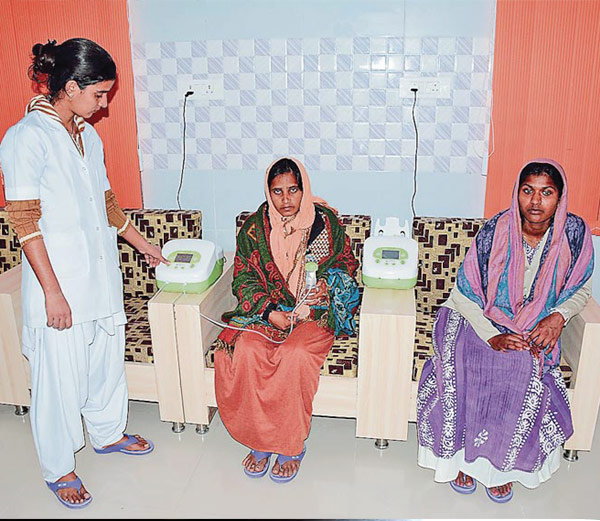
Minakshi’s spirit inspired Asha Chauhan, who became the second volunteer for this project. Asha feels that the world looks up to women as a symbol of sacrifice, dedication and affection. Living up to this image, Asha decided to register for this noble cause.
How can Beawar Milk Bank Save an Innocent’s Life?
The district collectorate has set up the milk bank at Beawar-based Amrit Kaur government hospital. The bank will conduct its operations in 6 stages–
- Screening and registration of milk donor,
- Milk collection,
- Pre-pasteurisation storage,
- Milk processing,
- Milk testing and storing,
- Issuing of milk to the needy.
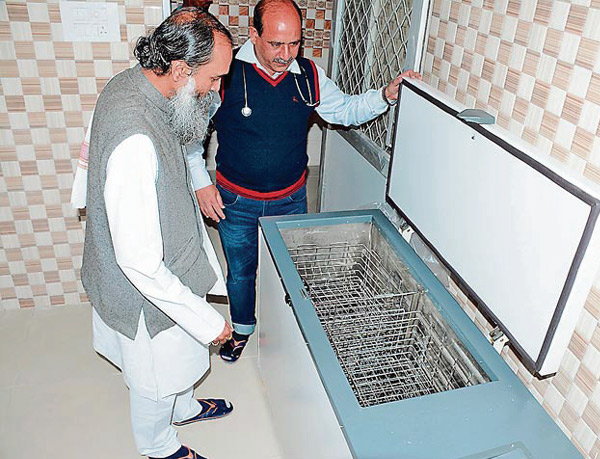
After the milk bank becomes fully operational, it’ll help the local health department control the growing rate of infant mortality in the state. All nursing mothers, who’re unable to produce milk due to health issues can benefit from this setup.
Mother’s milk is important for an infant since it helps build innate immunity at the time of birth. This milk bank will enhance the survival rate of the newborns by 6%. Moreover, the toddlers surviving on milk bank milk can recover from poor immunity or other health problems. The doctors predict a recovery rate of 40%, which is good enough to control infant mortality in Rajasthan.
